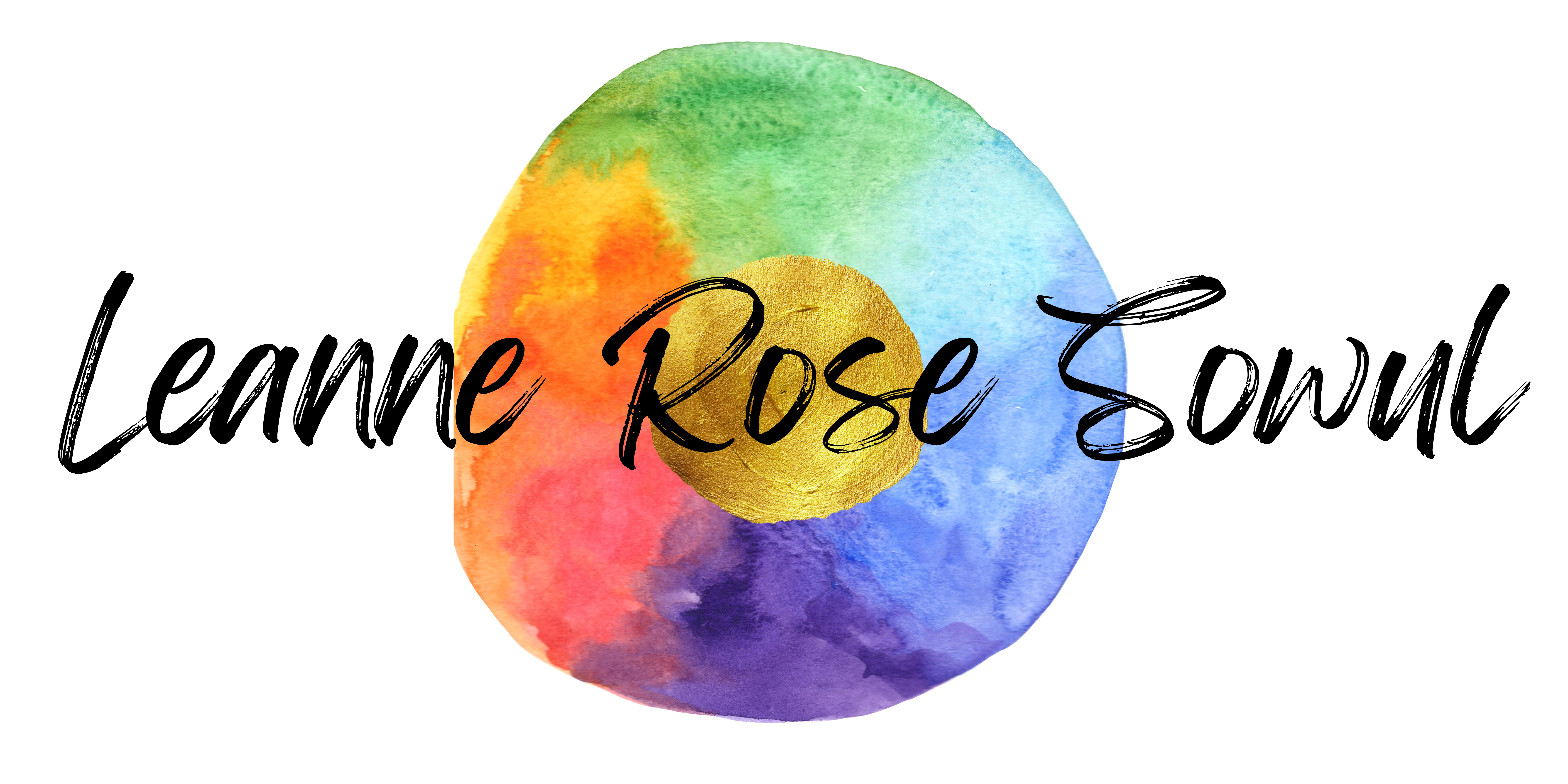Several of my favorite bloggers are doing a daily blog series this month. Modern Mrs.Darcy is doing a series on cult classics (more on that later); Carrie Willard is writing about habits. I briefly considered blogging every day this month, but I have too many writing projects on the table right now: an article on infant sleep habits for Hudson Valley Parent magazine; editing Waist, draft eight; finishing a children’s book I’m writing with my friend Cristen. On top of that, I’m going to have to spend some time reviewing sleep training with Edwin (more on that in a later post; ironic that his regressions are happening just as I’m researching for the sleep article!). I do have an idea for a November daily blog series, so I might jump on the bandwagon a month late.
At any rate, I felt inspired to do something resembling a series, so I thought I’d go back to my roots and introduce a Friday Book Review. (For those of you who don’t remember the days when “Words From The Sowul” was written sowul-ly (ha) about books, check out posts from August 2011-August 2012.)
This Friday’s book: The Birth Order Book by Dr. Kevin Leman.
While I was still planning this post, Modern Mrs. Darcy introduced it as #2 on her list of cult classics. To read her take on the book, click over here (after you’re done reading this post, of course!) and don’t forget to check out the rest of her list!
At first, I was fascinated by this book. Dr. Leman describes the classic characteristics of birth order, including first-born, middle-born, last-born and only children. He also explains that the placement of birth in a family isn’t the only factor that determines birth order. For example, a child whose next oldest sibling is more than 5 years older will likely exhibit some first-born characteristics. First-born characteristics also come through with later-borns when they are the first of their gender in the family. These theories made a lot of connections for me as I considered my extended family members. My father, for example, is the last-born of four, but because his brother is ten years older, and he was primarily raised as the only boy in the household, he exhibits a lot of first-born characteristics. In fact, I bet he’d even baffle Dr. Leman, who would try to peg him as a first-born (as he often describes doing upon meeting people- an interesting, but weird, parlor trick).
Classic characteristics of First- and Only-Borns: perfectionism, leadership ability (most POTUSes and astronauts who’ve been in space are first-borns), tendency to be hard on themselves and their families
Middle-Borns: take the opposite path of the first born; tend to be peacemakers, socializers
Last-Borns: comedians (many famous comedians are last-borns), care-free, sometimes take awhile to find their path in life
As I read this beginning section, I found myself thinking, “Yes!” and getting “lightbulb” moments often. However, as I continued, I got a little angry at Dr. Leman for his critical treatment of first-borns. I’m sure he didn’t intend to come across that way (and many first-borns seem to think they come off well in the book, so perhaps I’m in the minority) but as I read, my “Yes!” switched to “Are you kidding me?” and even some, “That’s SO not true!” He classifies first-borns as perfectionists who have trouble in marriage (apparently 60% of first-born/first-born marriages end in divorce) and screw up their children by over-criticizing and correcting them. He does explain how those pitfalls can be avoided, but I was still stung by a lot of his assumptions. I guess I’m super-sensitive to that birth order, as I, my husband, and my son are all first-borns. Perhaps I’d feel resentful of his criticisms of other birth orders if they meant as much to me (or maybe it’s just my first-born desire to be praised that’s keeping me from thinking my birth order was treated fairly!).
The main trouble with books like this is that they make laypeople into armchair psychologists. I’d hate to have someone pigeonhole me as a perfectionist when he’s never seen the inside of my linen closet. (Towels are not even folded, let alone in piles.) Or assume that my son is going to be spoiled and competitive if we don’t give him a sibling within five years. The truth is, birth order is only a piece of the puzzle. Personality, character, lifestyle, parenting and the timing of tough life lessons factor in at least as much. This book is a good read if you want a little insight into your family, but don’t make its theories be the only means by which you judge someone’s character.


I think I need to read this book because I keep seeing it everywhere, and the premise is really irritating to me. 😉 I appreciate your balanced thoughts here.
As I mentioned in a comment on Anne B’s blog, I dislike putting people into boxes. Although this does make sense: “a child whose next oldest sibling is more than 5 years older will likely exhibit some first-born characteristics”
That explains me I suppose… my one sibling is a sister 7 years my senior. I probably act most like a firstborn.
Thanks Carrie! I like the idea of reading something you’re not predisposed to like 🙂 I feel like that might make it even more thought-provoking than if you approached it with no emotion. “Thought-provoking” is the key phrase… this book definitely made me think, at least at first. Then I got kind of mad at the author, and that shut me down a little. But I still finished it.